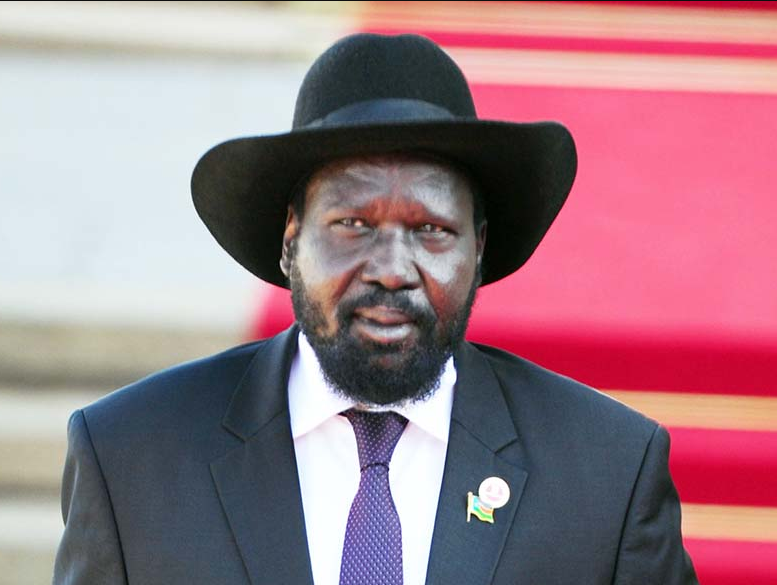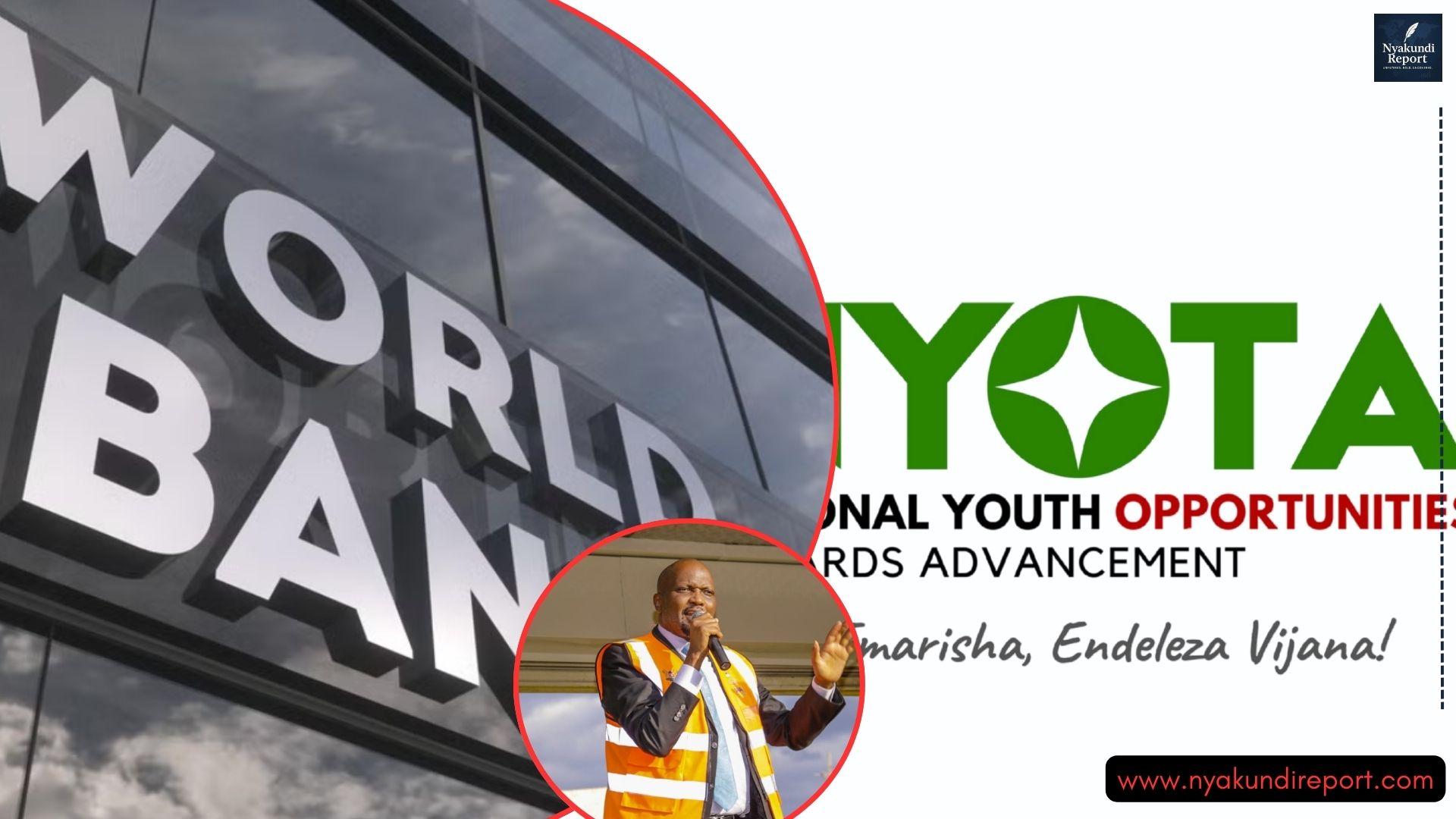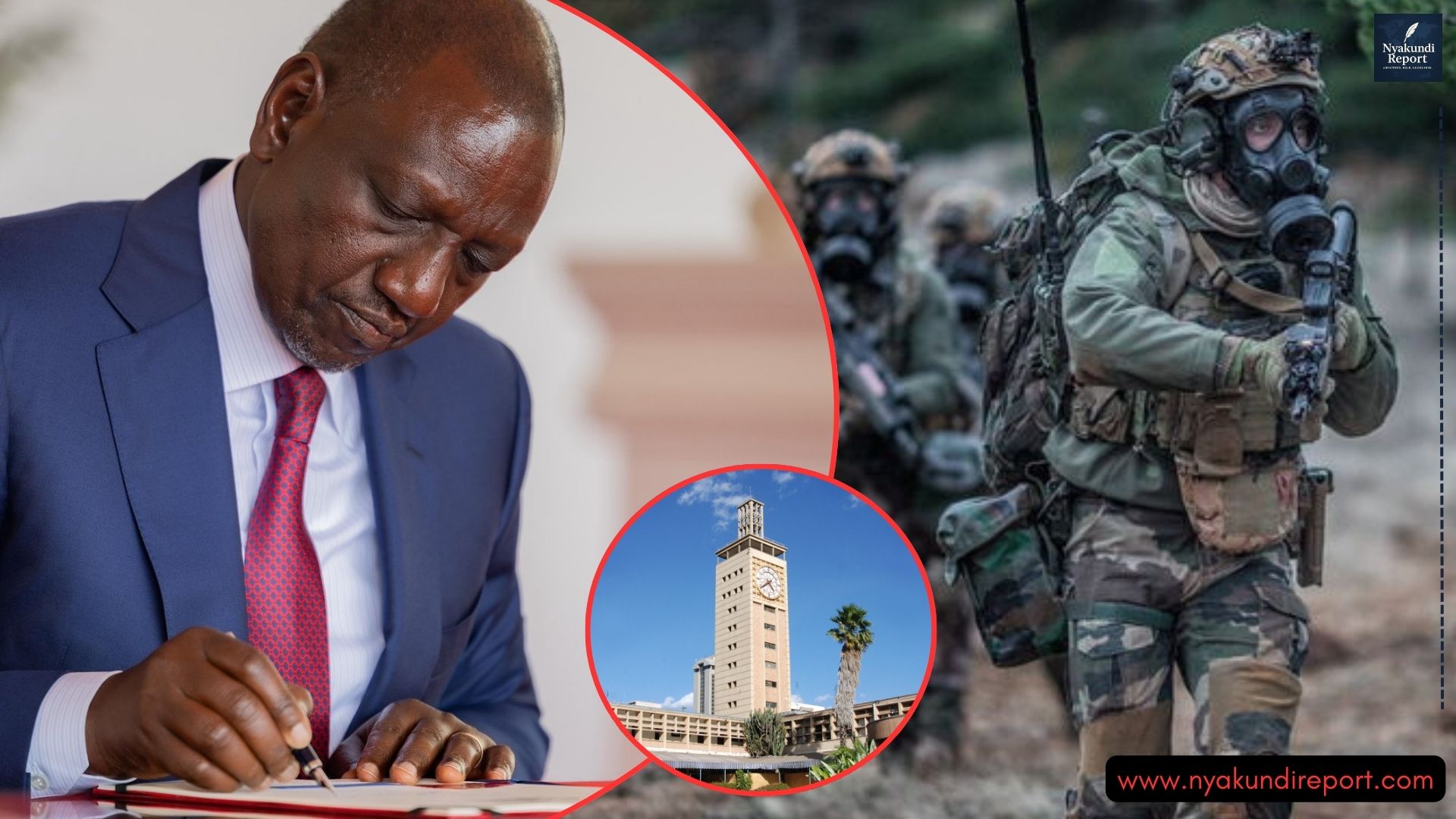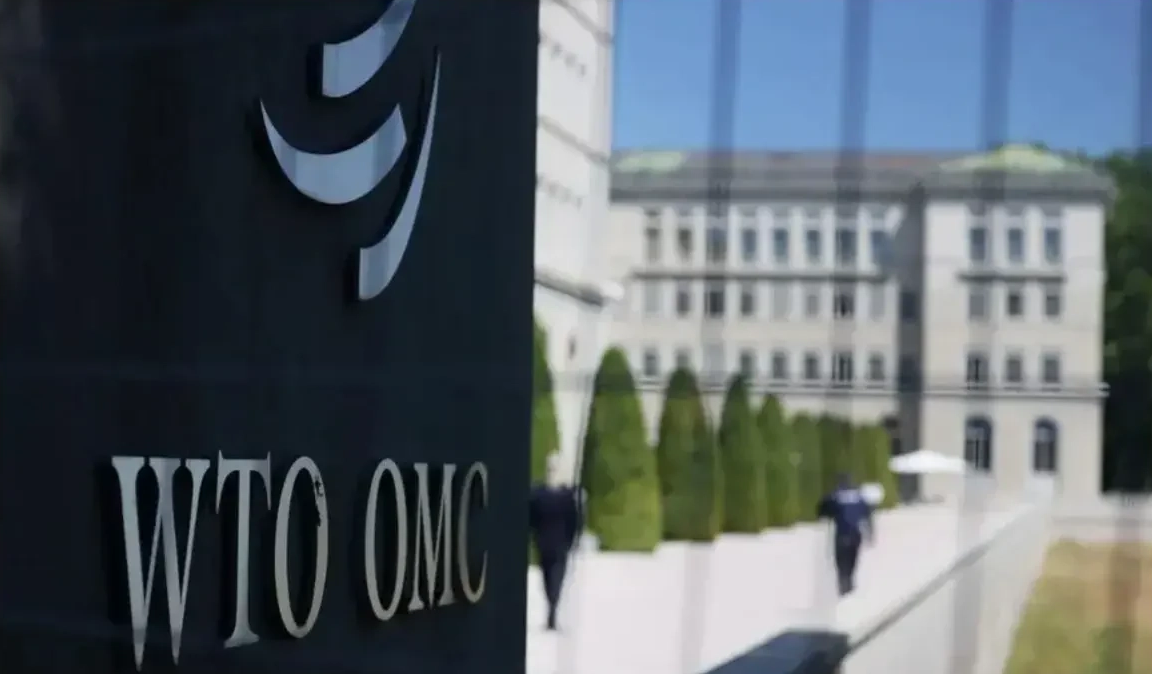The dream of affordable housing in Mombasa is turning into a nightmare for many former Buxton Estate residents. Hopes raised by government promises are now clouded by confusion, delays, and what many describe as deliberate secrecy.
Over 18 months after the launch of the Buxton housing redevelopment project, locals are growing angry and desperate. Instead of progress, they face silence from the Mombasa County Government.
Now, they are demanding full disclosure and justice. A Senate committee is involved, but the people want more than words—they want the homes they were promised.
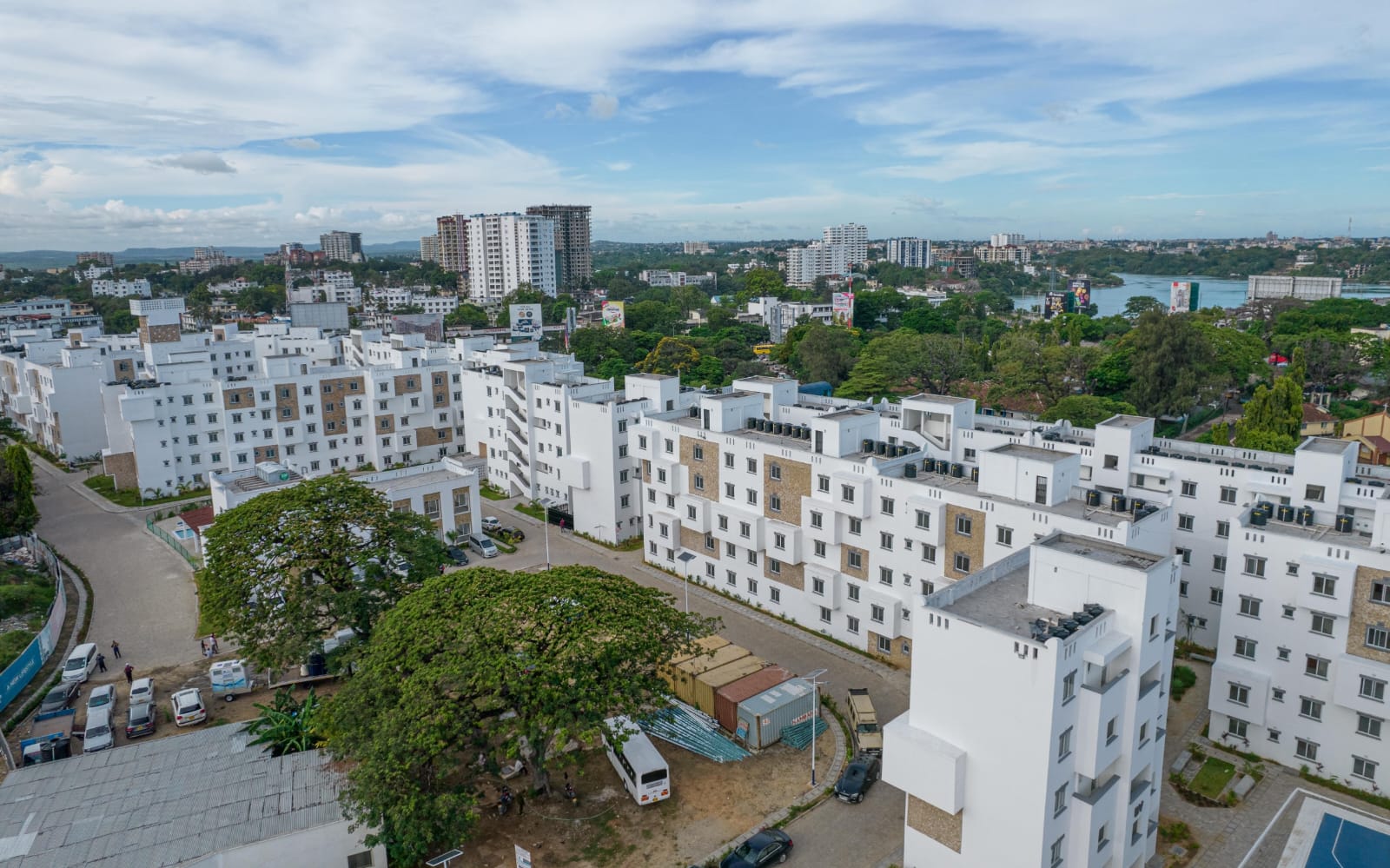
Affordable Housing Project in Mombasa Faces Mounting Criticism
The Affordable Housing Project in Mombasa, once welcomed with enthusiasm, is now under intense scrutiny. Former residents of the Buxton Estate say the county government has failed to honor its promises.
The project, launched in November 2023, was supposed to offer homes through a rent-to-own model. Many displaced residents expected to benefit from fair and transparent allocations. Instead, they say they’ve been kept in the dark.
During a public hearing organized by the Senate Committee on Roads and Housing at the Kenya School of Government, frustrations boiled over. Residents revealed that the county has ignored key Senate recommendations that were to be implemented within 60 days.
“To this day, there has been no official report or sign that the county has acted,” said John Tsuma, a representative of the affected families.
Residents accuse the county of hiding crucial documents. While they were given a resettlement action plan and project outlines, the key joint venture agreement between the county and the private developer remains concealed. Without this, they say they cannot trust the project or understand their rights.
They are especially concerned about a recent affidavit by the county government aiming to reclassify the land as private. If successful, this could shut the door on public ownership, blocking former residents from getting the homes they were promised.
“The county appears more concerned with protecting the developer’s interests than its own people,” said Mama Amina, one of the displaced residents.
Lack of Transparency Raises Legal and Ethical Questions
The Affordable Housing Project in Mombasa is also facing accusations of double standards compared to similar projects in Nairobi.
In areas like Mukuru and Starehe, residents have received written commitments, clear timelines, and legal documents. But in Mombasa, residents say they are left with vague promises and no paperwork to support them.
Buxton tenants claim they have not received allotment letters for their promised housing units. Even worse, they say there is no official communication on the 10 percent share of units that the county was meant to reserve in trust for them.
This absence of transparency is raising concerns beyond the residents. “It is unacceptable that such a large public project can proceed with so many unanswered questions,” said a civil rights advocate present at the hearing. “Public land and housing must remain accountable to the people.”
County officials argue that 184 housing units are reserved for former residents and will be handed over as soon as the developer completes them. But the community is no longer convinced. Many fear that once the land becomes private, they will have no legal claim to it.
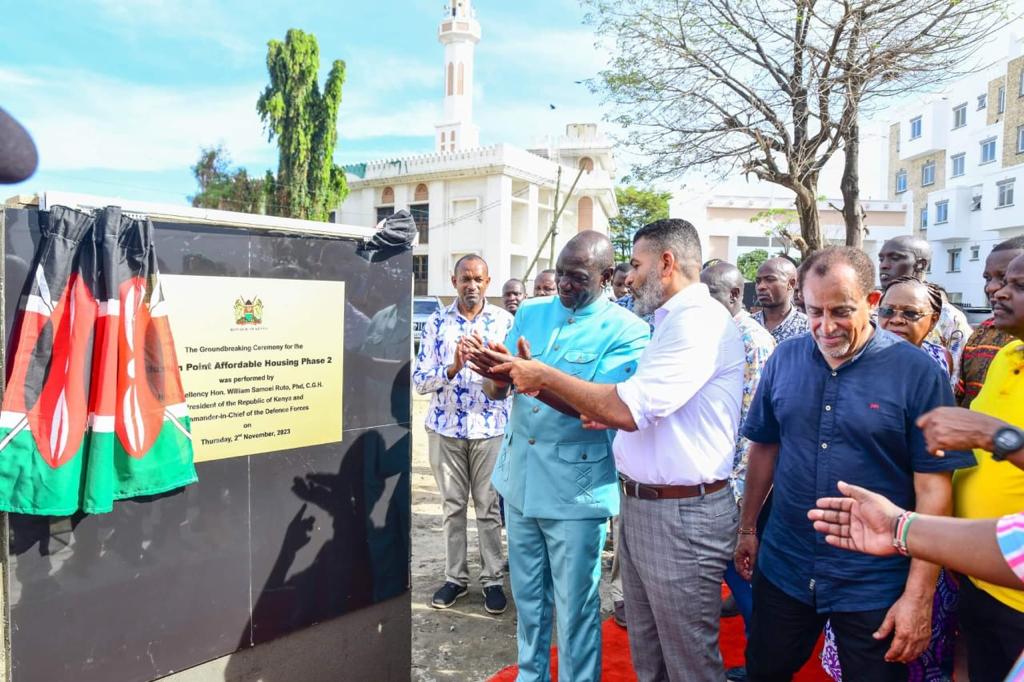
Residents Demand Full Implementation and Justice
The former residents of Buxton are united in their call for justice. In a joint statement, they demanded:
- Full implementation of the Senate’s recommendations
- Allocation of a fair share of units in Phase One
- Transparency in all agreements and processes
They also want a public release of the Joint Venture agreement and other documents that affect their housing rights. Without these, they argue, they cannot trust the county or the developer.
Senate Roads and Housing Committee chairman Eddy Oketch assured residents that the committee is actively monitoring the issue. He said the homes under Phase Two of the Buxton Point project will be completed in two years, and residents will be prioritized. But for the families who have waited for over a year already, that promise is not enough.
“This is not just about homes. It’s about justice, dignity, and the right to be heard,” said Tsuma.
The controversy has turned the Affordable Housing Project in Mombasa from a symbol of progress into a case study in failed public trust. Until the county government opens up its books and gives residents what they were promised, the storm will continue to grow.

